By pyrene, USMA Grad
Part 1 of why did West Point change its mission asked about the specific choices of words. This Part 2 questions the fundamental change of substituting Army Values for Duty, Honor, Country.
This is the big issue in changing the USMA mission.
Substituting the “Army Values” for “Duty, Honor, Country.”
The Superintendent supposedly told over 80 members of the West Point Association of Graduates that Duty, Honor, Country defines the “WHO” while the Mission Statement best defines the “WHAT”. Little help, please. Not following. Not being contentious. Just don’t get it.
GEN MacArthur said,
“Duty, Honor, Country: Those three hallowed words reverently dictate what you ought to be, what you can be, what you will be. They are your rallying points: to build courage when courage seems to fail; to regain faith when there seems to be little cause for faith; to create hope when hope becomes forlorn.”
MacArthur added many verbs to what the three words do: build, mold, make strong and brave, teach, learn, have a heart, never forget, reach, be modest, remember, give, and create. They are a guidepost and a password. And, the words perpetuate a code.
All of that meaning packed into “Duty, Honor, Country” seems bigger than “Who.” Again, not criticizing. Commenting.
Roger, that the Mission Statement is “What” USMA is supposed to do.
The other brush off about this change is that Duty, Honor, Country has only been in the mission statement since the 2005. And, the seven Army Values include Duty and Honor. Furthermore, soldiers are trained to know the Army Values and can cite them on command.
That’s good that the Army Values created to fit the mnemonic, LDRSHIP, approved by GEN Reimer has taken hold. Country is missing but could be assumed. Very good for the troops.
Aspiring cadets and their parents if they see the mission statement on the USMA web site will have to look up Army Values. They will find them co-equal on the Army website with Warrior Ethos, Soldier’s Creed, NCO Creed, Ranger Creed, and the ever stirring Army Civilian Corps Creed.
It’s not the same as “Duty, Honor, Country.” It doesn’t communicate the same.
Furthermore, the Army Values could change with any administration. Their definitions could change on any executive whim. The Army leadership’s lexicon alters with every change in civilian leadership as expected. Duty, Honor, Country is immutable.
Moreover, and this is a fundamental error, aligning West Point to the Army Values created in 1990s inverts the values relationship of West Point and the Army.
West Point is both the cradle and the castle keep for the values of the U.S. Army.
The Vice Chief of Staff of the Army explained to my classmate why the U.S. Army Center for the Army Profession and Ethic had to be at West Point. Not at Ft. Benning or Ft. Leavenworth or Carlisle Barracks or in the Pentagon because West Point has always been the well spring of ideals and values.
The key relationship of West Point to the Army is inverted in “aligning West Point to Army values.”
If West Point isn’t the cradle and castle keep for institutional values for the Army, then what does it do? West Point should be adding something to the Army that can’t be obtained anywhere else.
The Army knows how to make soldiers with “soldierization” in basic training.
The Army knows how to make officers in ROTC and OCS.
For about a century, West Point was a first tier engineer school. The Army still needs some highly specialized experts in different fields of study. The Army knows how to recruit such talent or send officers to get specialty advanced degrees.
The Army knows how to train small unit leaders and tactical excellence in specialty schools from the Artic, to Jungle, to Airborne, Air Assault, Sapper, to Scuba, etc.
The Army knows how to put up a high bar for small unit leadership in Ranger School.
So, West Point doesn’t need to copycat what the Army already does well.
The former mission set the bar for each graduate to be a commissioned leader of character committed to the values of Duty, Honor, Country. And each graduate be prepared for a career as an Army Officer.
If West Point doesn’t add every officer with their personal integrity set to the absolute, not aspirational, high bar of the Cadet Honor Code and a preponderance of officers who will serve a full career, then what’s the point of West Point? The mission can be whatever any ROTC program is at any other liberal arts college.
It’d be nice to know if the changes are innocuous. Just senior executives in a military bureaucracy re-arranging the deck chairs.
But, who knows without much more detailed explanations of who, what, why? The Superintendent’s chat with the West Point Association of Graduates was well received, so maybe the changes are a nothing burger. If so, why change them at all?
Of course, all Americans could just trust the Army’s senior leadership for their approval. They have the authority. Give the same blind confidence that allows West Pointers to graduate with a minor in Diversity Studies.
If you want restore, reform, and improve West Point, sign up on the MacArthur Society email list.

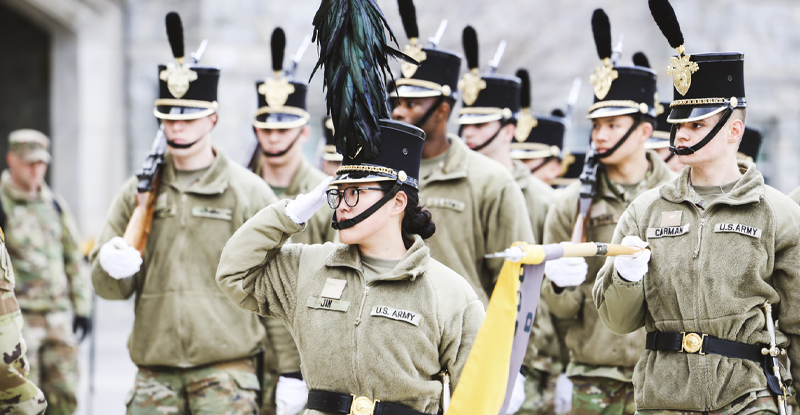

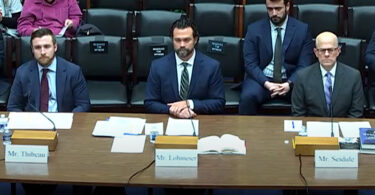
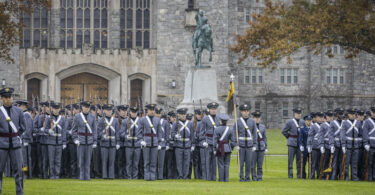
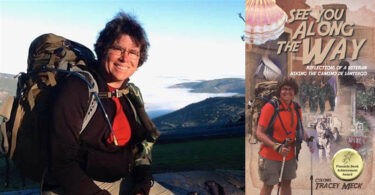

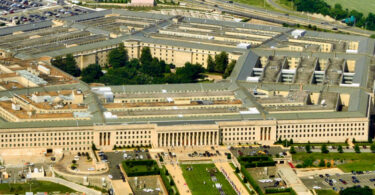
Leave a Comment